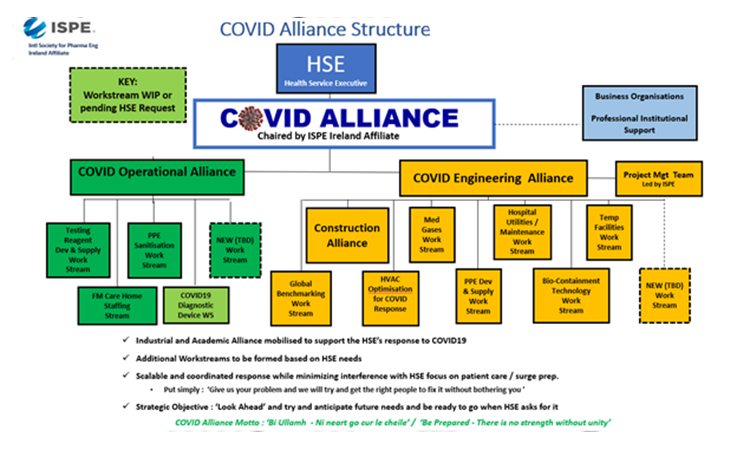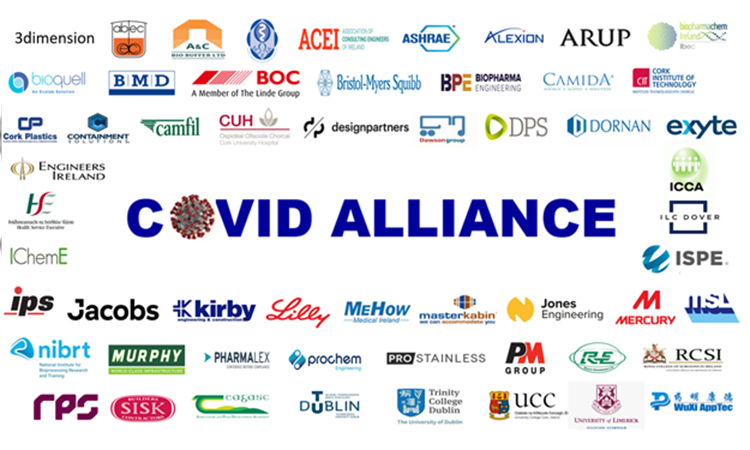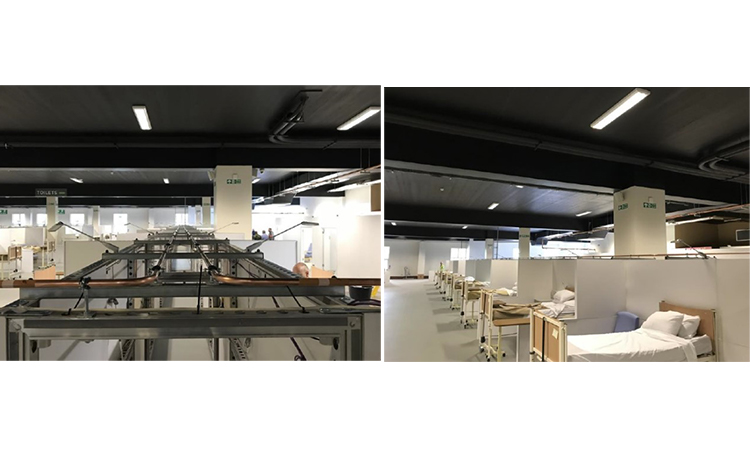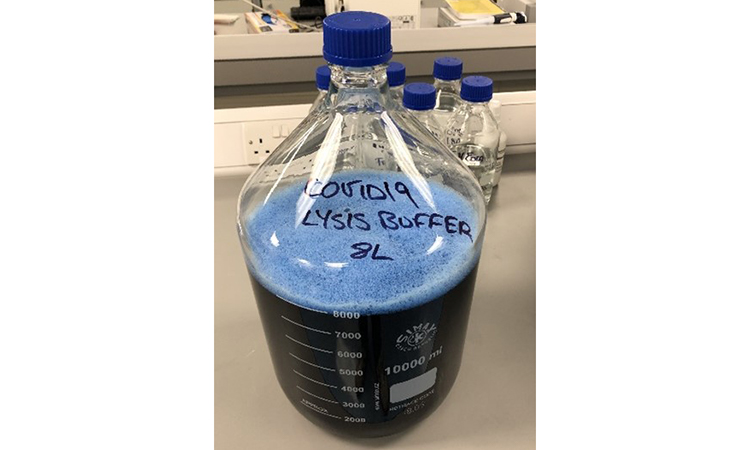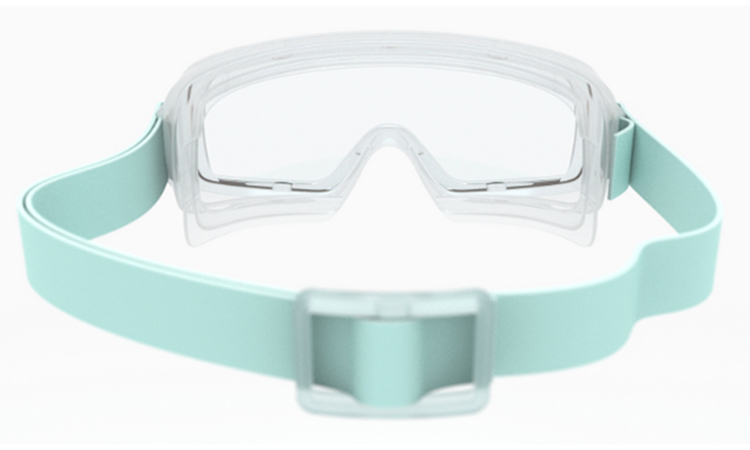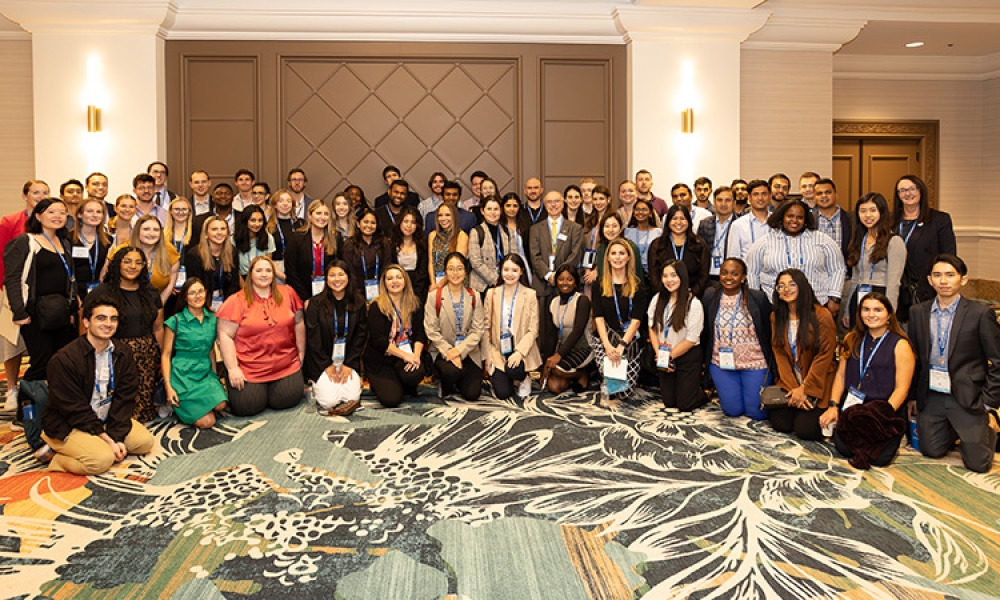The Alliance membership was expanded with the addition of other companies including Biopharma, Exyte, IPS, Prochem and RPS and the nine engineering firms mobilised teams of engineers who surveyed and modelled the oxygen systems of over 30 acute hospitals in just under 10 days. In anticipation of piping changes to debottleneck these systems, ten of the largest construction firms in the Ireland including, BMD, Dornans, Jones Group, Kirby, MSL, Radley, Mercury and Sisk joined the daily Alliance coordination calls and prepared craft teams to respond and implement any changes identified. A call out to the pharma and other industrial sectors produced a list of over 50 pieces of equipment that could be borrowed from sites and repurposed for healthcare use if additional back-ups were required. Learnings from rapid build hospitals in China were sourced with the assistance of colleagues in MNC pharma manufacturing sites in China Lilly Suzhou. Through ISPE, and partner engineering societies, volunteer utility and maintenance staff were identified to support hospital facility staff if required as it was expected that they would now have to maintain medical gas systems at maximum capacity for many weeks.
Over the subsequent few weeks, many oxygen tanks were moved around the country to support hospital needs including ones that were ‘borrowed’ from pharma manufacturing sites. The modelling studies showed that most hospitals could be configured to meet the surge patient needs but construction projects went ahead in five hospitals including for example running new supply headers to new wards that were going to be part of a COVID response. The Alliance was also asked to service wards at the new temporary ‘step down care’ facilities near Dublin with oxygen and a design and construction team had the system in place in two weeks. It was a great effort by all the companies involved many of whom are great ISPE corporate partners and in the end there were no oxygen supply issues encountered at any Irish hospitals.
As COVID19 cases increased across the country, the focus turned to constraints on testing as a key testing reagent called lysis buffer (used to extract viral RNA from test swabs) was in very short supply. At the request of the Alliance, a team of industry (Lilly, BMS, Alexion, Wuxi), hospital and academic scientists very quickly developed a scaled up optimised process to make this critical reagent. Eli Lilly assisted the development of small-scale volumes of reagent and the process research team published a paper to share their optimized process with countries around the world.

